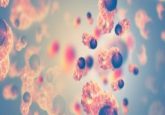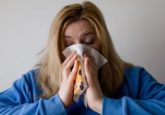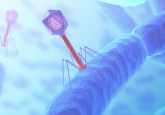Can we be vaccinated against stress?
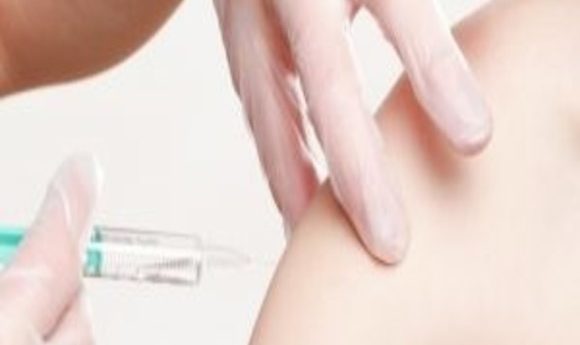
Research from the University of Colorado Boulder suggests immunization with beneficial bacteria could make the brain more resilient to the physical and behavioral symptoms of stress.
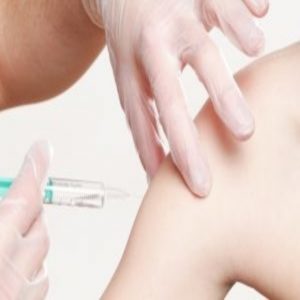
Findings, published recently in Brain, Behavior and Immunity, suggest immunization with Mycobacterium vaccae could have long-lasting anti-inflammatory effects on the brain; dampening the physical and behavioral effects of stress. These findings could lead to the development of novel probiotic-based immunizations to protect against post-traumatic stress disorder (PTSD), anxiety and depression.
It is estimated that these stress-related mental illnesses affect up to one in four people in their lifetime, with recent research demonstrating that stress-induced brain inflammation increases the risk of developing these disorders by impacting neurotransmitters, including norepinephrine and dopamine, which can impact mood.
“We found that in rodents this particular bacterium, M. vaccae, actually shifts the environment in the brain toward an anti-inflammatory state,” commented lead author Matthew Frank, senior research associate in the Department of Psychology and Neuroscience at the University of Colorado Boulder (CO, USA).
“If you could do that in people, it could have broad implications for a number of neuroinflammatory diseases.”
Further research has also demonstrated the ability of trauma, surgery and illness to sensitize specific areas of the brain, making subsequent stressors far more likely to trigger an inflammatory response.
“We found that M. vaccae blocked those sensitizing effects of stress too, creating a lasting stress-resilient phenotype in the brain,” Frank remarked.
In the study, male rat models were injected with heat-deactivated M. vaccae three times, 1 week apart. These rats were shown to have higher levels of interleukin-4, an anti-inflammatory protein, in the hippocampus – the region of the brain responsible for controlling cognitive function, fear and anxiety.
The models were exposed to a stressor, after which the immunized rats were found to have lower levels of the stress-induced protein, HMGB1, and higher levels of the anti-inflammatory receptor, CD200R1. These rats exhibited less anxious behavior after exposure to a stressor.
“If you look at the field of probiotics generally, they have been shown to have strong effects in the domains of cognitive function, anxiety and fear,” commented senior author, Christopher Lowry.
“This paper helps make sense of that by suggesting that these beneficial microbes, or signals derived from these microbes, somehow make their way to the hippocampus, inducing an anti-inflammatory state.”
With more research, the scientists hope that a vaccine containing M. vaccae might one day be administered to people at high risk of PTSD, including soldiers and emergency room workers.


